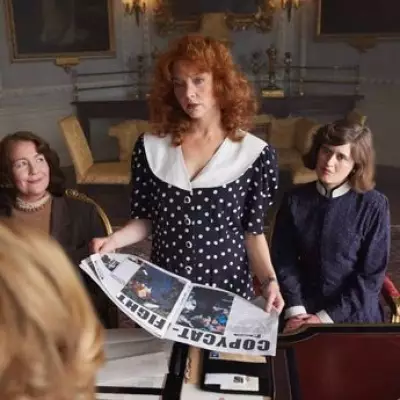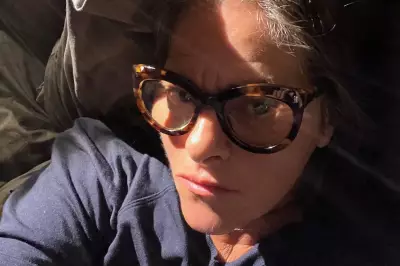
Hollywood star and director Amy Poehler has issued a passionate rallying cry for the film industry to stop treating comedy as cinema's poor relation when it comes to major awards recognition.
The acclaimed comedian and filmmaker, speaking ahead of her latest directorial effort, the comedy-thriller 'The Good Hang', argued that making audiences laugh requires as much technical precision and artistic merit as any dramatic performance.
Poehler's sentiments were powerfully echoed by none other than Oscar-winner Olivia Colman, who revealed her own frustrations about the industry's hierarchy. "It winds me up," Colman stated emphatically. "Comedy is seen as easier, which is bollocks. It's much harder to make people laugh than cry."
Benedict Cumberbatch, Poehler's co-star in the upcoming film, added his considerable weight to the argument. He praised the specific challenge of comedy, noting the precision of its timing and the bravery required to potentially fail in pursuit of a laugh.
The Prestige Problem
This isn't merely about awards, but about respect. Poehler highlighted how comedy scripts often struggle to attract serious financing and A-list talent because they're not considered 'prestige' projects. This creates a vicious cycle where excellent comedies aren't made, and thus, aren't there to be recognised.
The article points to a glaring historical oversight: since 2000, only one film primarily classified as a comedy, 'Green Book', has won the Best Picture Oscar. This despite comedy being the genre that consistently fills cinemas and defines cultural moments.
A Call for Change
The solution, according to Poehler, isn't necessarily a new category, but a shift in perspective from Academy voters. It's about recognising that the emotional range required in great comedy – which often includes pathos and truth alongside humour – is a monumental acting achievement.
With heavyweight advocates like Colman and Cumberbatch now adding their voices to Poehler's, the campaign for comedy to be taken seriously is gaining formidable momentum. The industry is being challenged to finally give the art of the laugh its long-overdue respect.






